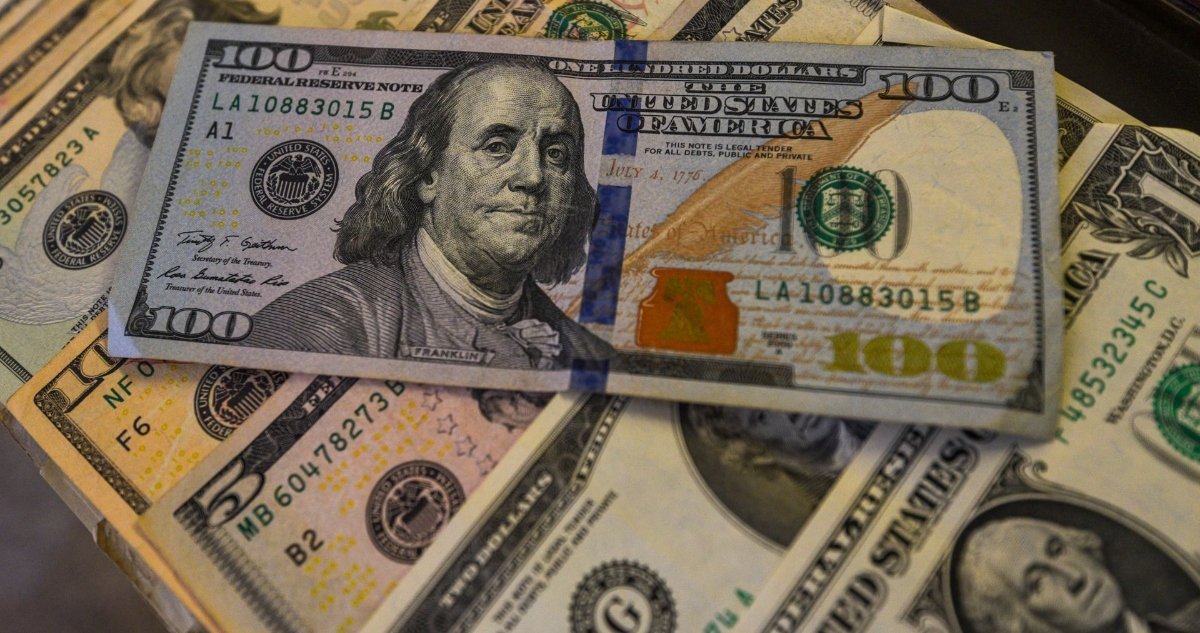Mexico City — Mexico's Financial Intelligence Unit (UIF) and the U.S. Department of the Treasury revealed on Wednesday that they have identified and blocked 19 targets—10 individuals and 9 companies—belonging to a transnational criminal organization involved in drug trafficking and money laundering.
The UIF, in coordination with the U.S. Treasury's Office of Foreign Assets Control (OFAC) and the Financial Crimes Enforcement Network (FinCEN), "conducted joint actions to identify and block members of a transnational criminal organization dedicated to drug trafficking, money laundering, and the concealment of assets in Mexico and other jurisdictions," the Mexican Ministry of Finance said in a statement.
As part of this work, 19 targets were designated: 10 individuals and nine companies.
The UIF's analysis allowed for the identification of 10 additional individuals with financial activity in Mexico, who will be added to the Blocked Persons List and reported to the Attorney General's Office for Operations with Resources of Illicit Origin (ORPI). Authorities will also notify the Federal Tax Prosecutor's Office for possible tax crimes and the use of front companies.
UIF Detects Modus Operandi
Information provided by U.S. authorities, as well as financial analyses conducted by the UIF, confirmed that this criminal organization operates complex structures designed to hide the origin and destination of resources from illicit activities, the agency detailed.
"Among the identified mechanisms are the use of corporations set up to simulate commercial operations, the acquisition of real estate through straw men, the management of assets through digital platforms, and the international dispersal of funds to reduce financial traceability," it stated.
According to the analyzed reports, this global network, which maintains operations in countries such as Canada, the United States, Colombia, Italy, and the United Kingdom, has also reported activity in Mexico. The existence of linked companies, international transfers, asset movements, and possible operational links associated with transnational illicit activities has been detected in these countries.
The UIF documented irregular financial flows, the triangulation of resources through front companies, and the coordinated use of corporate structures both in Mexico and abroad to facilitate the mobility, concealment, and management of assets.
Likewise, it said, operations related to the acquisition of real estate and international transfers were identified, suggesting the existence of a financial scheme designed to hinder the tracing of illicit funds.
"These actions strengthen bilateral cooperation mechanisms with the U.S. Department of the Treasury, allow for progress in dismantling financial structures used by criminal organizations, and contribute to preventing resources derived from illicit activities from continuing to circulate in the national and international financial system," the agency stated.
For its part, the Ministry of Finance, through the UIF, reaffirmed its commitment to protecting the integrity of the financial system, preventing money laundering, and consolidating coordinated intelligence schemes to inhibit risks associated with transnational criminal organizations.
U.S. Treasury and Mexico Target Casinos
Last Thursday, the United States announced that, through its OFAC and FinCEN, in collaboration with Mexico, it would implement actions against the Hysa family, which it classified as a criminal organization because its casinos are "involved in money laundering linked to cartels."
In a statement, the U.S. Treasury Department detailed that OFAC sanctioned 27 individuals and entities, while FinCEN proposed cutting off 10 gaming establishments located in Mexico from access to the U.S. financial system, where "a wide range of other criminal activities in Mexico and Europe" are also carried out.
The actions implemented by the U.S. government involve the blocking of "all property and interests in property" that are in the United States and owned by the "designated persons" [the Hysa brothers]. Furthermore, any entities that are "owned, directly or indirectly, individually or in the aggregate, 50 percent or more by one or more blocked persons, are also blocked."
The U.S. agency accused the "Hysa Organized Crime Group (GDOH)" of using its influence "to launder money from drug trafficking," which it achieved through investments and the control of casinos and restaurants. "The GDOH is believed to operate with the consent of the Sinaloa Cartel, which maintains criminal control over much of the territory where the group carries out its activities," the Treasury Department highlighted.
It detailed that the sanctions against the Hysa family target Luftar Hysa, Arben Hysa, Ramiz Hysa, Fatos Hysa, and Fabjon Hysa, whom it accuses of having "worked closely" with a "U.S. citizen" to launder money. It specifically alleges that Luftar, Fatos, Arben, and Fabjon moved "large amounts of cash" from Mexico to the United States for the purpose of laundering it.
U.S. authorities linked to the Treasury have intensified their efforts in recent months. In October, OFAC announced sanctions for eight individuals and 12 Mexican companies linked to the "Los Chapitos" faction of the Sinaloa Cartel.
"Today, the Office of Foreign Assets Control (OFAC) of the U.S. Department of the Treasury sanctioned eight Mexican individuals and 12 companies based in Mexico linked to the 'Los Chapitos' faction of the Sinaloa Cartel. This network supplies illicit chemical precursors for fentanyl to the Sinaloa Cartel, a terrorist organization responsible for a significant portion of the lethal drugs trafficked into the United States," the U.S. Treasury said in a statement.
According to U.S. authorities, the faction led by the brothers Archivaldo Iván and Jesús Alfredo Guzmán Salazar coordinates the production and distribution of illicit fentanyl and methamphetamine within Mexico and into U.S. territory.
One week later, the same U.S. agency sanctioned the Bhardwaj Human Smuggling Organization (Bhardwaj HSO), a criminal network based in Cancún, Quintana Roo, which was accused of trafficking undocumented migrants from Europe, the Middle East, South America, and Asia to the U.S.
Discover more from Riviera Maya News & Events
Subscribe to get the latest posts sent to your email.
